
The Darrell McClain show
Independent media that won't reinforce tribalism. We have one Planet; nobody's leaving, so let’s reason together!! Darrell McClain is a Military veteran with an abnormal interest in politics, economics, religion, philosophy, science, and literature. He's the author of Faith and the Ballot: A Christian's Guide to Voting, Unity, and Witness in Divided Times. Darrell is a certified Counselor. He focuses primarily on relationships, grief, addiction, and PTSD. He was born and raised in Jacksonville, FL, and went to Edward H white High School, where he wrestled under Coach Jermy Smith and The Late Brian Gilbert. He was a team wrestling captain, District champion, and an NHSCA All-American in freestyle Wrestling. He received a wrestling scholarship from Waldorf University in Forest City, Iowa. After a short period, he decided he no longer wanted to cut weight, effectively ending his college wrestling journey. Darrell McClain is an Ordained Pastor under the Universal Life Church and remains in good standing, as well as a Minister with American Marriage Ministries. He's a Believer in The Doctrines of Grace, Also Known as Calvinism. He joined the United States Navy in 2008 and was A Master at Arms (military police officer). He was awarded several medals while on active duty, including an Expeditionary Combat Medal, a Global War on Terror Medal, a National Defense Medal, a Korean Defense Medal, and multiple Navy Achievement Medals. While in the Navy, he also served as the assistant wrestling coach at Robert E. Lee High School. He's a Black Belt in Brazilian Jiu-Jitsu under 6th-degree black belt Gustavo Machado. Darrell Trains At Gustavo Machado Norfolk under the 4th-degree black belt and Former Marine Professor Mark Sausser. He studied psychology at American Military University and criminal justice at ECPI University.
The Darrell McClain show
Dissecting Economic Shifts, Billionaire Influence, and Civil Oversight: A Deep Dive into Current US Dynamics
Navigate the shifting sands of the US job market with me, Darrell McClain, your captain through the complex tides of economic change. This episode promises insights into the latest job report's ramifications, where a notable slowdown in job growth and a slight uptick in the unemployment rate have stirred a pot of mixed reactions. We're not just crunching numbers; we're dissecting President Biden's optimistic front, Wall Street's intrigue at the hint of rate cuts, and the long-term consequences of a weakening dollar. As campuses erupt in activism, we'll also probe the potent force of student protests, the ethical quandaries they raise, and how they're reshaping the societal landscape.
Turn your attention to the corridors of power, where the ultra-wealthy like George Soros and Sheldon Adelson leave imprints deep enough to shape policy. we debate the moral tightrope walked by billionaires influencing democracy with their wallets—questioning if their towering presence casts too long a shadow for fair play. Down in Florida, we're unmasking the implications of the latest law that clips the wings of civilian police oversight and weighs heavy on the scales of justice. Brace yourselves for a journey through the heart of social media's role in police narratives, and cap off with a reflection on the poignant words of Howard Zinn, who challenges us to reevaluate what we know about peace and disturbance. Join us for an episode that dives headfirst into the crux of these pivotal moments.
Welcome to the Darrell McLean Show. I'm your host, darrell McLean. Today is 5-3 of 2024. You are now listening to episode all the way to 404 episodes. I'm going to start off with what they used to say was the most important thing. It was a famous quote by James Carville it's the economy's stupid. So we have.
Speaker 1:The US job growth slows as the economy added 175,000 jobs in the month of April, a slowdown in hiring. The unemployment rate ticked up to 3.9%. The American job market may be shifting into a lower gear this spring, a turn that economists have expected for months after a very vigorous rebound from the pandemic shock. So the 107,000 positions added in April the Labor Department reported this today under shooting forecast. Unemployment rate as well was also expected Now. Notable that while overall labor force participation was steady, women between the ages of 25 and 54, considered prime working years, reached their highest participation rate ever at 78 percent. Highest participation rate ever at 78%. Meanwhile, men in the same age bracket fell back to 89.1%, slightly off their pandemic participation rate. Now the presumptive Republican nominee on True Social declared that the report showed horrible job numbers, and we'll just, for posterity's sake, go ahead and say that under Trump's presidency, before the pandemic impact took hold in March of 2020,. The monthly job gains averaged about 180,000 jobs. That is just a tad bit higher than April's gain.
Speaker 1:Now Wall Street is continuing to celebrate the prospect of lower borrowing costs. As the market opened on Friday, the S&P 500 opened more than 1% higher and the tech-heavy NASDAQ composite is up almost 2%. The Federal Reserve officials have been looking for further evidence that their interest rate increase over the past few years are weighing on the economy and the job markets, and Friday's employment report roundly provided that signal. President Biden is out with a statement celebrating the report in a fairly generic terms. With today's report of seven hundred one hundred and seventy five thousand new jobs, the great American comeback continues, he said. This job report the Fed would have scripted, said Sinema Shea, chief global strategist at Principal Asset Management. However, investors have a way of quickly moving on. Today's weaker numbers need to mark the start of a new, slower trend for multiple rate cuts to seriously be back on the agenda. But uh, by then the new fear could be slowing economy. She added.
Speaker 1:There's been some attention in recent months on the growth of a part-time employment, so it's notable that the gains in april were entirely full-time. Part-time employment actually declined. There was, however, an increase in the number of people working part-time involuntarily, meaning they would have preferred full-time work. The decline in black unemployment rate that Taye flagged earlier is very encouraging. Black workers have historically been among the first to lose their jobs in an economic downturn. As the latest economist, william Spriggs, often said, they are the canary in the coal mine for the broader economy, so the rise in recent months has been a concerning sign.
Speaker 1:Expectations that interest rates will come down tends to weigh on a currency as investors look for more lucrative places to park their money. Lucrative places to park their money. The weakening of the dollar may be a welcome sign for countries like Japan and South Korea, which have seen their currencies depreciate against the dollar. Now the dollar index, a gauge that measures its strength against the baskets of currencies, dropped about 0.70% on the news of the weaker than expected job numbers and, of course, if for its biggest one-day drop of the year. This week began with fears of a stubborn inflation and high interest rates weighing in on the stock markets and now looks set to end with a power, reassuring investors that rates are unlikely to move with a slowing labor market and bring back hopes of rates moving lower this year. Now, despite the slowdown in hiring, job Group was pretty broad-based in April. Healthcare, retail, transportation, warehousing all added a significant number of jobs, and the blue-collar sector, like manufacturing and construction, also seem to grow. So that is our economic update for the week.
Speaker 1:One of the things that's been happening a lot since we last spoke to each other was the a lot of protests on college campuses, from Brown to Columbia, et cetera. I've been paying attention to the protests as well as the responses, and I would just say that it is in well within your rights to protest, and I think protests at the core at least show that people are paying attention to issues. Protests, by their very nature, are supposed to be disruptive, and so it obviously is going to disrupt the status quo, because the point of a protest is to put pressure on the people that are in power. Not all protests are going to be well thought out. They're not all going to be beneficial either, but sometimes it seems like it's the last way to get your voice heard. A lot of the people who have criticisms of the protests were saying they should go protest in Washington DC, and I'll just say that Washington DC is only one piece of the puzzle.
Speaker 1:A lot of the coverage that I saw when people were doing protesting against certain colleges was because they wanted their school to divest. You know, boycott, divest, movement against some of the monies that were going to the country of Israel. I do think that that would be very complicated because a lot of the funding is so wrapped up and so tied up. You could be funding to one corporation that could be funding, you know, this corporation and then the next corporation funding Israel, so they're still getting the money three ways down. The global economy is so tied up now because of financialization. I don't really know if that is a common, if that is going to be a workable solution, but that was some of the demands.
Speaker 1:When it came to the destruction of property. I think this is something that pops up in all protests of property. I think this is something that pops up in all protests that there are going to be people who do things that will paint the entire protest one way or another. And I do just would encourage people to know that there is always going to be some provocateurs in the protests, some who are there purposely to provoke and some people who are implanted there to provoke, to try to hope that the protest loses legitimacy. There was a student, a person who yelled kill all the Jews and tried to get this chant going and was shouted down by some of the protesters and the media covered that as if these college students were out there saying kill all the Jews. And when you did the, you know after report analysis you know the story comes up a bit later that the person was actually a pro-Israel student trying to get the chant going so that he could discredit the protest, and I was encouraged that the chant did not take off.
Speaker 1:But you always have that type of stuff and you have people who come in on the outside to provoke and agitate, and that is also their right. I know for a fact that we do our studying of the civil rights era, know for a fact that we do our studying of the civil rights era that people like the, the freedom riders, the people who did sit-ins, uh martin luther king, uh by rustin, uh fannie lou hamer, you know, uh all these people when they left their localities they were always labeled as outside agitators. So that term to me means practically nothing. It's just a description of somebody who does not belong to the campus or does not belong to the state or does not belong to the city, coming in to provoke and agitate and to stir up emotions, et cetera. And I don't actually the way that politics is regional, global and national. I just don't. I think that cake has already been baked, it's already done.
Speaker 1:We are a global people and when something happens in Israel, we know it in America immediately and we respond to it. And when something happens in Palestine, we know it in America immediately and people respond to it. So, in the same way, when something happens at Columbia, somebody across the city is going to come there and you're going to have protesters and you're going to have professional protesters and you're going to have people questioning the funding of how you know this is all happening. Why now is this planned? And that is just part for the course. That's a normal. These are normal conversations that are going to happen in this country because we are seen as some of the backers of some of you know a lot of this stuff.
Speaker 1:We are heavily funders of Israel. We fund Ukraine against Russia, love Israel. We fund Ukraine against Russia. So it only makes sense that eventually, college students are going to come off the campuses as they see images on the television screen or on the TikToks that they don't like their head in their phones, that they are getting a little bit of news, and we should engage with them as people who've been around a bit as their elders, as people who have seen what happened in the 60s and 70s and 80s and 90s, in the early 2000s and, uh, be their guide, otherwise they're just in the wilderness. So I, um, I, I think that is at a certain level. We, we, we, we ask people to think and they think, and if it doesn't lead to the conclusion, that we think that they should be.
Speaker 1:We should still applaud the fact that they are trying and they're thinking and they are doing what they can do to what they see as an unjust situation, and God bless them and keep them. Now, when it comes to this type of thing, it's actually funny. There is a famous name that always gets brought up anytime there's a conflict going on in America. I used to somewhat laugh when I used to hear the name, and that was the name of George Soros. This name pops up all the time in right circles uh, they blame george soros for almost everything. It's either gonna be uh, george soros, you're gonna hear something about the bilderberg group, you're gonna hear something about the rothschilds. But, as of late, george soros's name pops up on the right, like the uh, coke brother's name constantly pops up on the left. So the speaker he got in a little bit of a tiff because he suggested that George Soros was behind the pro-Palestinian protest that's been, you know, riling up.
Speaker 1:A lot of college campuses across the country who are highly critical of the anti-Israel demonstrations, which they say across a line to anti-Semitism, are also coming around to accuse Johnson of anti-Semitism for elevating unfounded theories that Soros, who is a Jewish Holocaust survivor is funding a student protest at the Fomite social unrest. Now the claim is this that the baseless argument fits a larger narrative, a law promoted in some conservative circles, that Soros has used his prodigious wealth to manipulate global events for the sole purpose of advancing personal interests. The irony, the Democrats note, is that Soros' portrayal is itself a patent anti-Semitic trope. Now, by suggesting Soros is fueling the university clash, if the Democrats contend Johnson and other Republicans are promoting hostility against jews in the name of fighting anti-semitism, and they go on to say this is rep brad uh schneider. He says you can't fight anti-semitism with anti-semitism. Rep jerry nadler, democrat from new y York, and other prominent Jewish lawmakers offered a similar denouncement. Not even 24 hours after passing a do-nothing bill under the guise of fighting anti-Semitism, speaker Johnson drags out one of the oldest anti-Semitic tropes in the world. Nadler wrote on a social platform called X.
Speaker 1:But anyway, but look, it's actually pretty interesting, because I remember when I was in the camp hearing George Soros' name regularly popped out. And so let me just put it in a way that I think people can understand. There are people who are billionaires, who use their billions to, let's just say, push the public into a direction that they feel like it should go to. This is not just a Jewish thing. This is not a Christian thing. This is a rich person thing. This is a multinational corporation thing. This is not a Christian thing. This is a rich person thing. This is a multinational corporation thing. They give money to politicians and they expect something in return. They give money to colleges and they expect something in return.
Speaker 1:On the left, the Jewish person that is familiar would be George Soros. Now, when I was growing up as a person, then that was on the left. When I used to hear the word George Soros, I was taught to just say that is just a plug in for the Jews, you know, and that is just the way my ear always perked up when I heard it. Now, the crazy thing about that is that there used to be a gentleman on the right who was also jewish, by the name of sheldon adelson, who also used his money. He was a billionaire and he funded right-wing causes and then. But the left didn't really play around that much and say anything about sheldon addison. The left people out of nevada kind of were said it because they saw him buying up all the magazines and everything to give him, you know, get the certain type of coverage that he wanted.
Speaker 1:And so, of course, the journalists and and that region were going to say something. Well, like I said, there's an entire book out called coke land, where this this journalist wrote about charles, david coke and and how much money they put into libertarian projects and to try to shape the world in a libertarian uh facet. It's very well known that uh warren buffett for years would be a get through a lot of money to uh liberal causes and bill gates throws his money into globalist projects. You know things like that. This is just kind of what billionaires do with their money. They sit back, they see problems in the world, they are perceived problems and they throw money at it, and that's just the nature of the game.
Speaker 1:If you want to get rid of the george soros accusations and you want to get rid of the David Koch and Charles and you want to get rid of the Buffetts and you want to get rid of the Gateses and you want to get rid of the Musk, there's only one solution here and that is you have to take money out of politics. They will still be able to fund public institutions. They'll still be able to fund colleges. They'll still be able to fund thanks takes. The money moves in ways and behind the scenes that you'll have to spend a lot of time figuring out who's funding what study. What say what?
Speaker 1:I always think about that when people started to figure out that cigarettes cause cancer, that there were scientists air quotes, but scientists, they had degrees, they were and would come out and talk about how. No, it actually wasn't true that cigarettes were somehow healthy. Now we know now how ridiculous that was. But do understand, all those studies were funded by somebody and it's the same thing now, you see, with the opioid epidemic. You know, you see it's not healthy, you see that it's addictive. But there was money involved and the money got things moving, even if it was going to harm people. So we have to be very careful with the. This person gave money over here and that is the reason they.
Speaker 1:Well, unfortunately, in this system, that just happens to be legal. In the last election alone, you had three billionaires on the ballot Three, Two running on the Democratic side and one obviously Donald Trump. Three billionaires that is the nature of how American politics is going to start to go, in the words of the late great comedian George Carlin. It's a big club and you're not in it. All that to be said, don't be distracted by what they talk about with colleges, campuses, all this stuff. Go back to the source of what this is supposed to be about, and that is israel, palestine, and we have a two-state solution, which I think is untenable. I think you're gonna have to have one state with everybody having equal rights and the same access to everything every other citizen has, and they're going to figure it out over time and I don't. I don't. I think, when everything has happened, I think the two state solution is is untenable at this point.
Speaker 1:Of course, as always, we got to show love to our sister podcast, and that is Overpinning with Josh Scott, as well as Lunsby with T-Bone and Chick Brew. You did. The shows are different than what I do here. They're not nakedly political like this show is. I actually don't think Lunsby, t-bone and Chick-fil-A show talk about politics at all. It's a comedy style Very, very good. I listen to it every week. It comes out once a week.
Speaker 1:As well as over opinionated is a mix of politics and, uh, religion, and so you, you get some political topics, you get some religious topics, you get and very um, good shows that I I do listen to, that. I do know the people that I do support. So, uh, josh scott was one actually one of the ones from over opinionated that gave us a rant, as well as t-bone from the t-one and Chick Brew Show are also called Luns B. That gave us a rant as well, and it was actually kind of shocking because a lot of people said they wanted to give it and when it came time to give they didn't have it in them. But at any rate, you go and do that when you get done with this one and you can find those shows the same place. You found this one all right, over opinionated. How about this one? You can talk about everything you like, but don't talk about religion, don't talk about faith, don't talk about politics.
Speaker 1:My name is darrell mcclain, host of darrell mcclain's show, and I want to introduce you to a show called Overopinionated with my friend from Southwest Virginia, josh Scott. Josh has always been told he has been overopinionated. He always tried to hold back these opinions, but he tried to back them up when he had to say something with facts and logic. Since he's grown up in many ways, he had to change a lot of his views and his opinions, as a lot of people should. He's not a millionaire from Fox News or CNN, he's just a work, hardworking, blue-collar type of guy. Give Josh Scott a shot at over-opinionating with Josh Scott, josh Scott. A shot at Overopinionated with Josh Scott. You can find him on patreoncom slash overopinionated at 679. You can also check him out on Twitter at NRV, underscore guy 79.
Speaker 1:Overopinionated with Josh Scott. Scott. Where he is, this soft spoken guy telling you the truth? Now the Darrell McLean show has a call in voicemail for comments or anything you would like to say. The show phone number is 757-310-7303. That is 757-310-7303. Give the show line a call. That is 757-310-7303. Give the show line a call and let's talk it out.
Speaker 2:I love violence, I love fighting, I love shooting and I fucking love freedom. So last week I made that post about some of the horrible things that they teach at these police training seminars. And then Mr Checkpoint, who's all about holding police accountable and videotaping the police, reached out to me and said I know exactly who this training company is and they're worse even than what you saw in those videos. So they're called Street Cop Training. Here you can see they have like 121,000 followers on Instagram. There's their conference coming up in Orlando and this is from that video. You see here Street Cop Training and see this backdrop. Sometimes this has PowerPoints, which makes sense. It's a seminar. You have PowerPoints up here. He sent me two images of two of the PowerPoints that appear at some of their seminars Really quickly, just so you can see Street Cop Training. This is their PowerPoint. So this slide is titled Proactive Cops and Citizen Complaints and it starts more complaints question mark. That means you're doing your job. 90% of officers with 10 plus complaints have more medals and gun arrests. It's literally saying you know it violates people's civil rights, excessive force. But guess what, while they're complaining about that, you're also going to get rewarded with medals and get more gun arrests. And then this next one is especially awful African-American complaints hold less weight as they are known to be criminals. This is a seminar that teaches law enforcement. They pay like 700 bucks each of taxpayer money and it's teaching them. Don't worry about African-Americans complaining about you. They're known to be criminals, african-americans as a whole.
Speaker 2:And the second slide, titled Proactive Patrol Tactics, starts with. Blacks make up 13% of the population, yet commit 50% of the crime in the US this old, tired, white supremacist statistic. It's based on old FBI data. That is just about arrests, not convictions. Police regularly overly patrol lower-income neighborhoods and oftentimes those are made up of, say, black or Hispanic communities and they're heavily patrolling and they're being told be tough on crime. We need data to prove we're being tough on crime. Data equals arrests. You're seeing these people every day. Who are you going to arrest? But the people you see every day. The conviction numbers don't add up. And then, on top of that, wrongful convictions that get overturned. Blacks are leaps and bounds at a higher percentage than any other single group. Then it goes as an active patrol cop 95% of violent criminals carrying a loaded firearm were black or Hispanic and follows up with. It is important to target those demographics, as it will yield to more quality arrests. To target those demographics as it will yield to more quality arrests. It's literally teaching police to racially profile blacks and Hispanics because you're going to get better quality arrests and you're going to further your career. That's what this seminar is teaching cops, and they teach this because they have nothing to worry about when legislation like this is being passed.
Speaker 2:Desantis signs a bill stripping local citizen oversight boards from investigating police.
Speaker 2:He just made it in Florida. If you want to have a civilian oversight board, three to six members have to be selected by the sheriff or chief of police and one of them has to be former law enforcement. Of them has to be former law enforcement. And then this bill also states that you're not allowed to be within 25 feet of first responders recording them while they're doing their job or you could be arrested. You have to be more than 25 feet away from them to record them doing anything in the state of Florida. We don't want citizen oversight coming in and saying like, why did you behave this way? And we don't want people recording footage of the things they're doing wrong. You know like, literally, the stuff that these seminars are teaching them to do. The New Jersey Comptroller put together a giant list of all of the things that they were teaching law enforcement to do that violated people's civil rights. If you're a defense attorney, you should look and see if the officer who arrested your client ever attended a seminar by this company and use it in their defense.
Speaker 1:So, anyway, that was a video I encountered on the tick and the tock, something that Congress wants to ban, and I think it's four videos like that, actually, that the narrative that is being painted normally would always get to be painted by the mainstream media, the lamestream media. Some of us like to say but at any rate, and gave people a go-around. Youtube used to give them a go-around, but YouTube is very good about hiding content, shadow banning. So is Instagram. Facebook, notoriously, will do the same type of thing. Facebook notoriously will do the same type of thing. So TikTok became a problem simply when this war popped out and they started to see that a lot of people were not getting, you know, taking the narrative hook line and sinker.
Speaker 1:But, at any rate, I had a guest on a college professor and the book that he wrote was called the Danger Imperative and he talks about this topic, and I would challenge us to go and get that book, the Danger Imperative, and and wrestle with the data and wrestle with what police think when they go into situations, and if that is what we, what we want to have, I'm going to end the show with the old quote from uh, the world war ii veteran, the late howard zinn, and it just simply they'll say we're disturbing the peace, but there is no peace. What really bothers them is that we are disturbing the war.
Podcasts we love
Check out these other fine podcasts recommended by us, not an algorithm.

The LUNSB Show with T-Bone and ChickBrew
Tony Knuckles
Over opinionated with Josh Scott
Josh scott
The Jamie Kilstein Podcast
Jamie Kilstein
The Back Row with Jamie Kilstein
Jamie Kilstein
Your Calvinist Podcast with Keith Foskey
Keith Foskey
BJJ Mental Models
Steve Kwan
Renewing Your Mind
Ligonier Ministries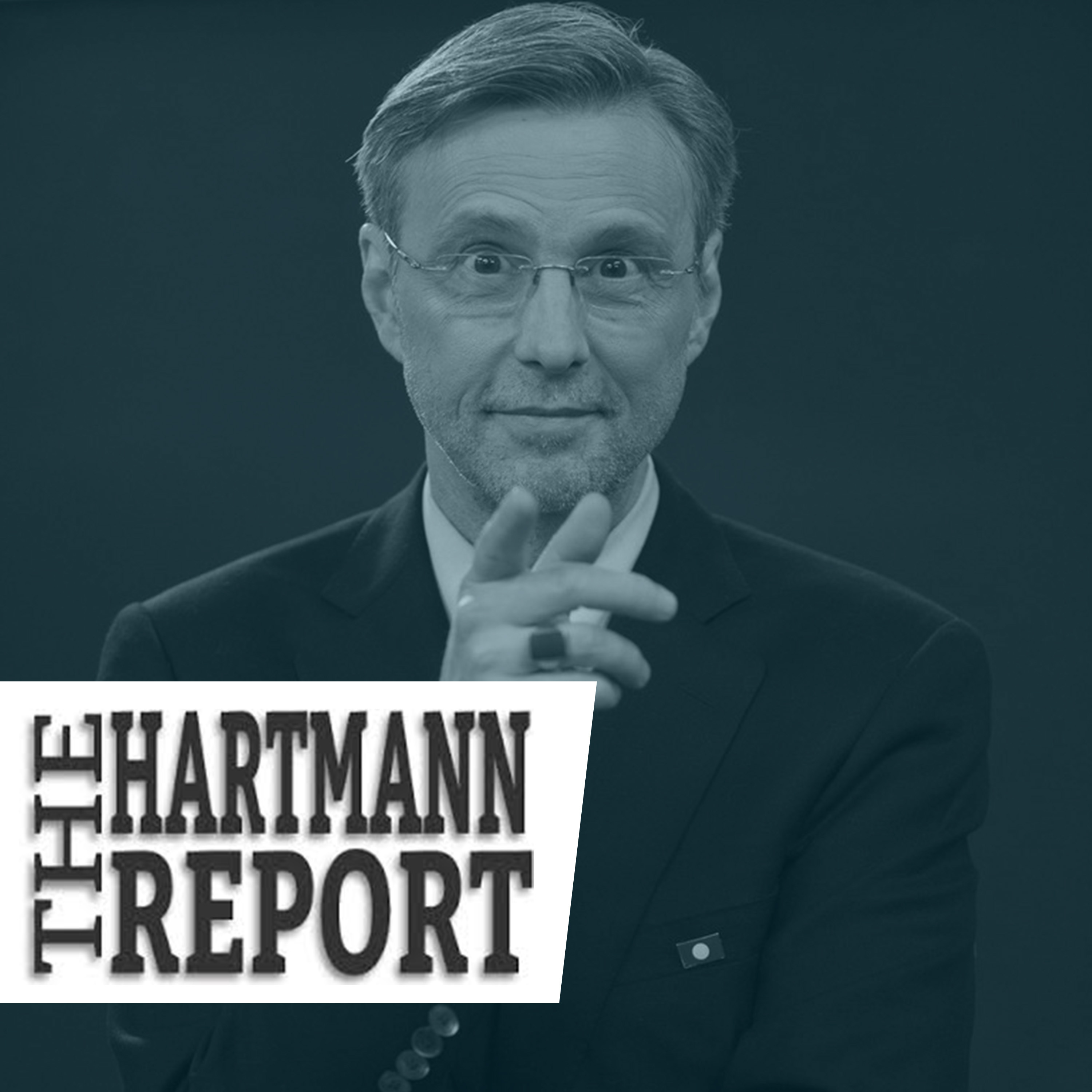
The Hartmann Report
Thom Hartmann
The Glenn Show
Glenn Loury
#RolandMartinUnfiltered
Roland S. Martin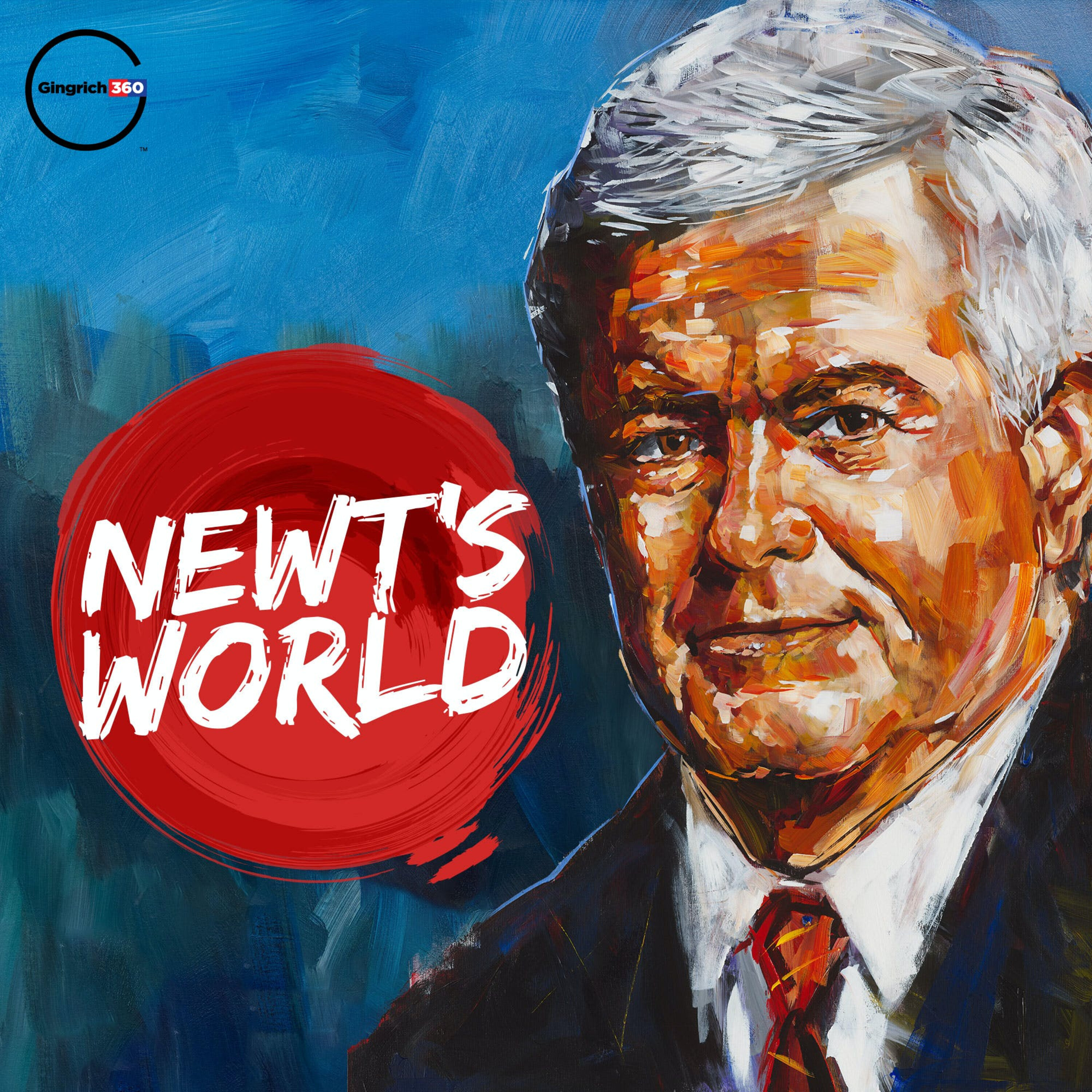
Newt's World
Gingrich 360
Pod Save America
Crooked Media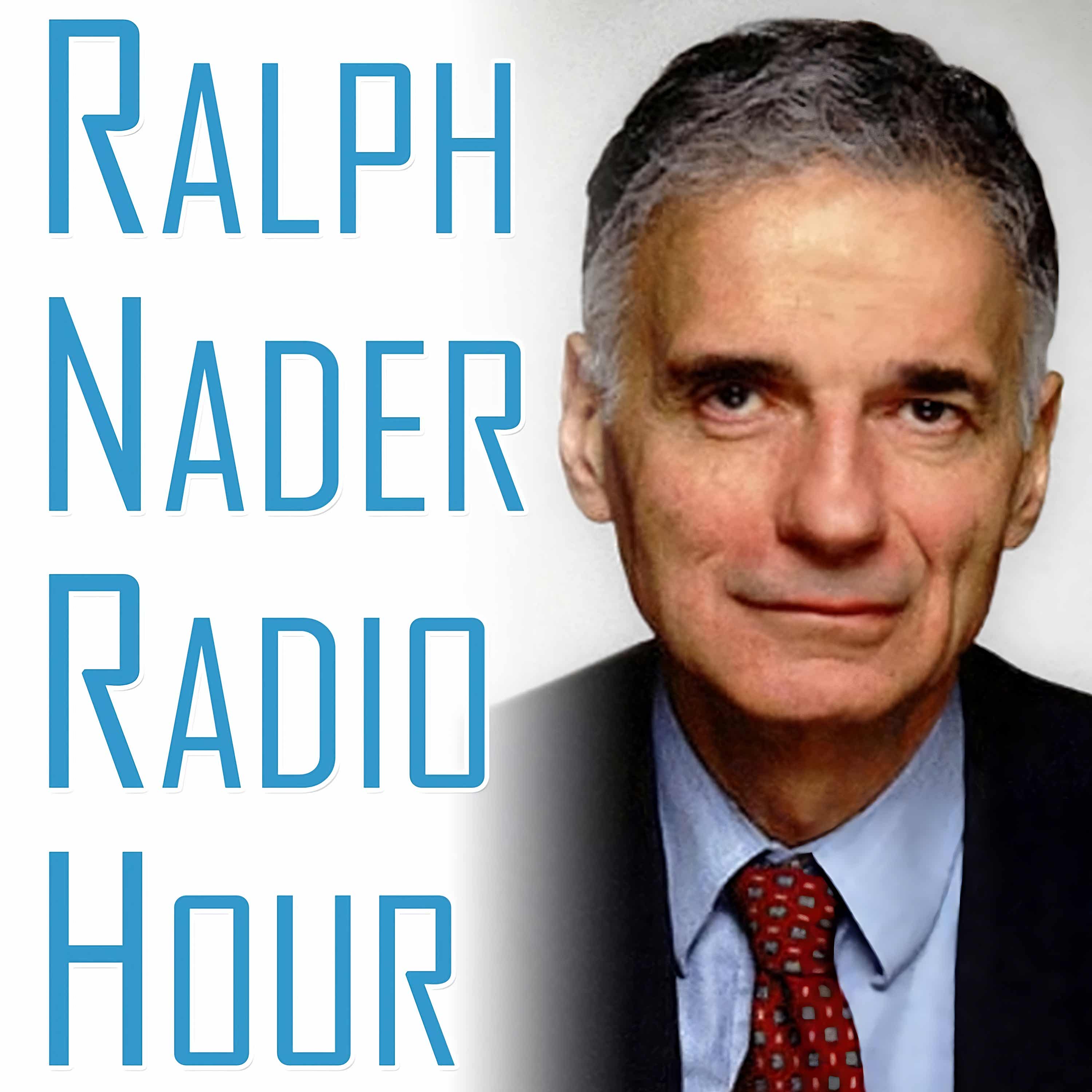
Ralph Nader Radio Hour
Ralph Nader
Bannon`s War Room
WarRoom.org
Bannon’s War Room
dan fleuette
The Young Turks
TYT Network
The Beat with Ari Melber
Ari Melber, MS NOW
The Damage Report with John Iadarola
TYT Network
The Majority Report with Sam Seder
Sam Seder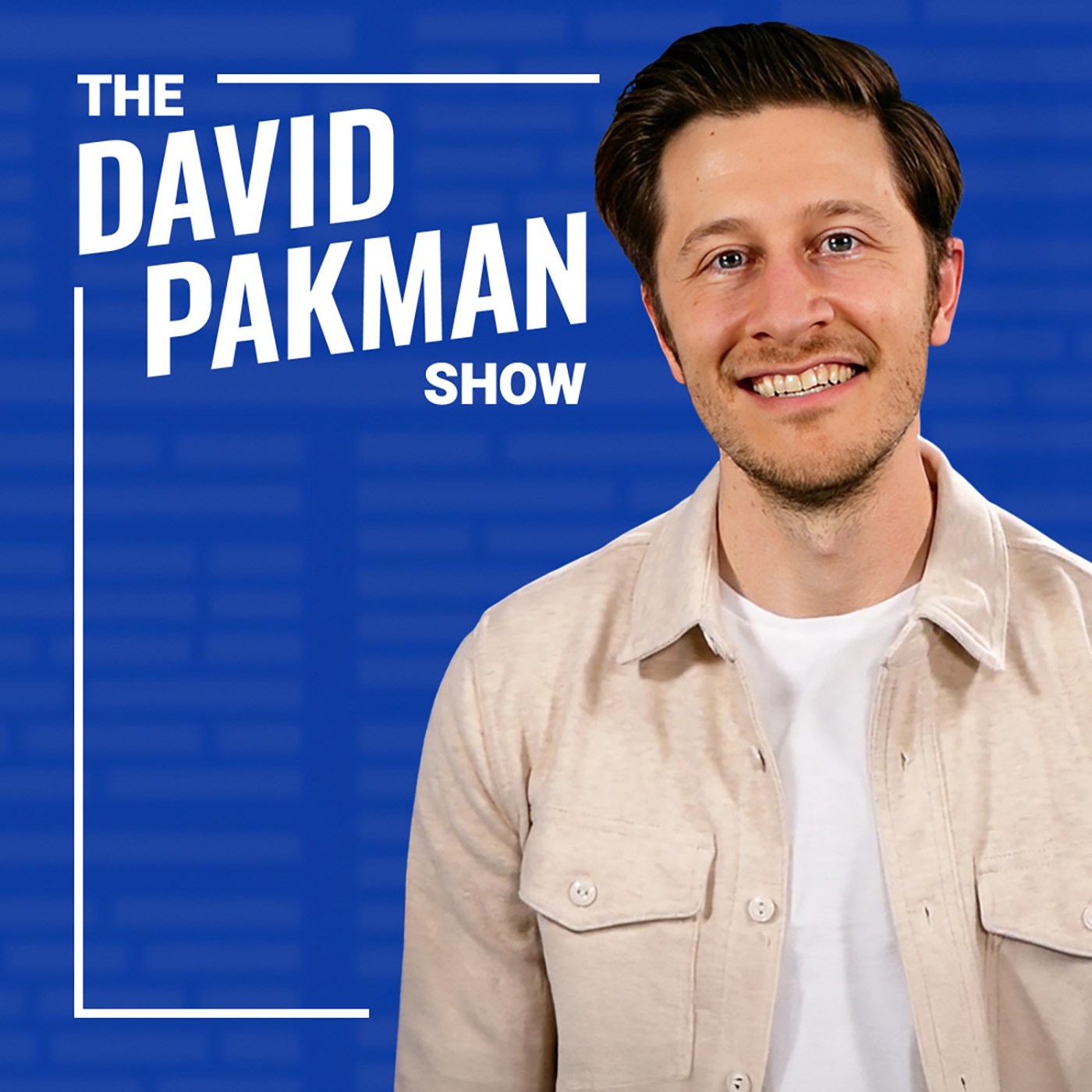
The David Pakman Show
David PakmanGet A Grip with Kendall Reusing
Kendall Reusing
Ultimately with R.C. Sproul
Ligonier Ministries
Grace to You: Radio Podcast
John MacArthur
The Briefing with Albert Mohler
R. Albert Mohler, Jr.
StarTalk Radio
Neil deGrasse Tyson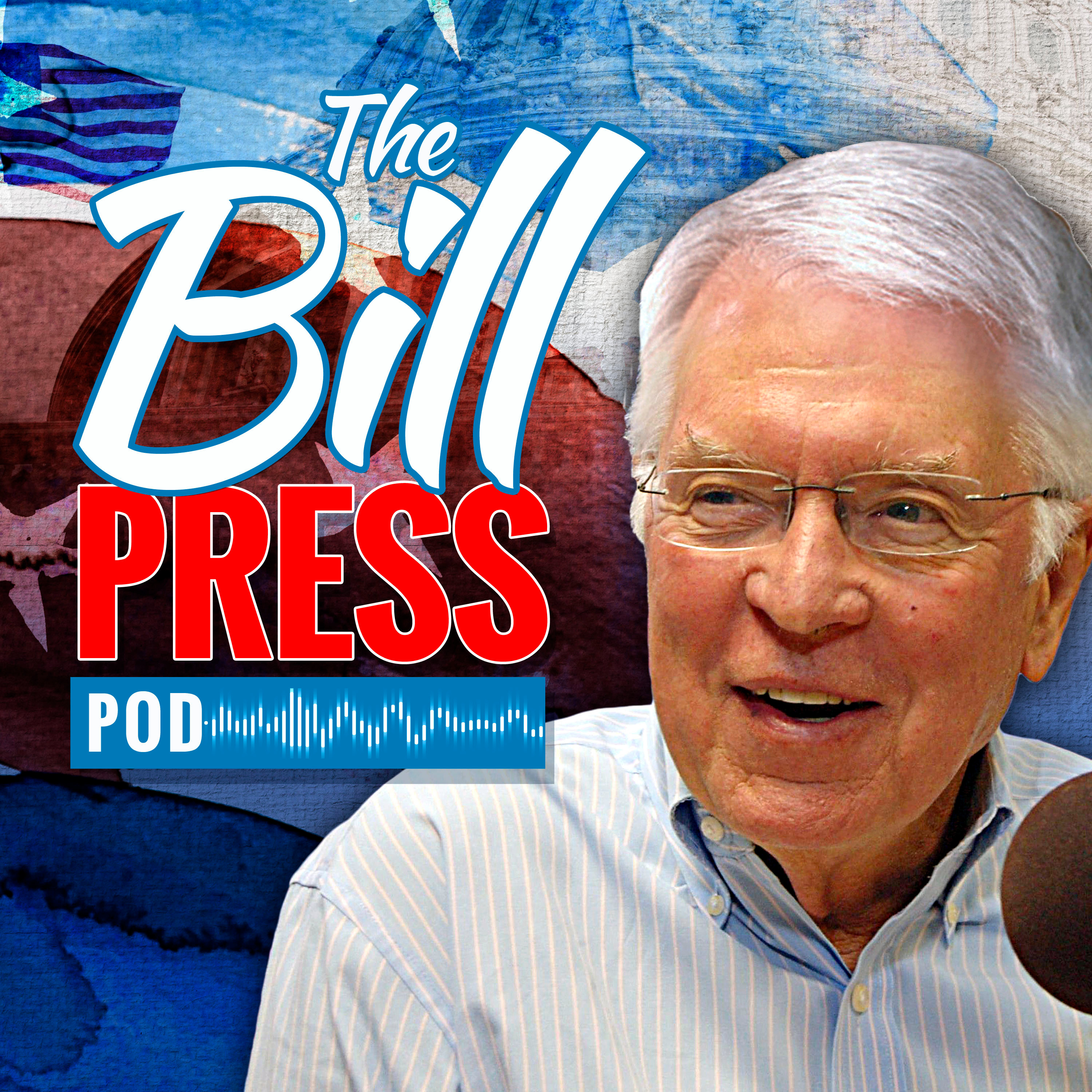
The Bill Press Pod
BP Pods
Ask Pastor John
Desiring God
The Weekly Show with Jon Stewart
Comedy Central
Ask Ligonier
Ligonier Ministries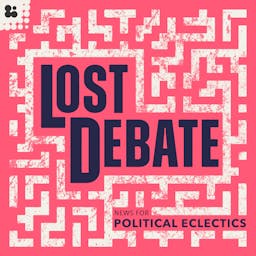
Lost Debate
The Branch
Coffee-Time-Again
Dale Hutchinson
5 Minutes in Church History with Stephen Nichols
Ligonier Ministries
The Ezra Klein Show
New York Times Opinion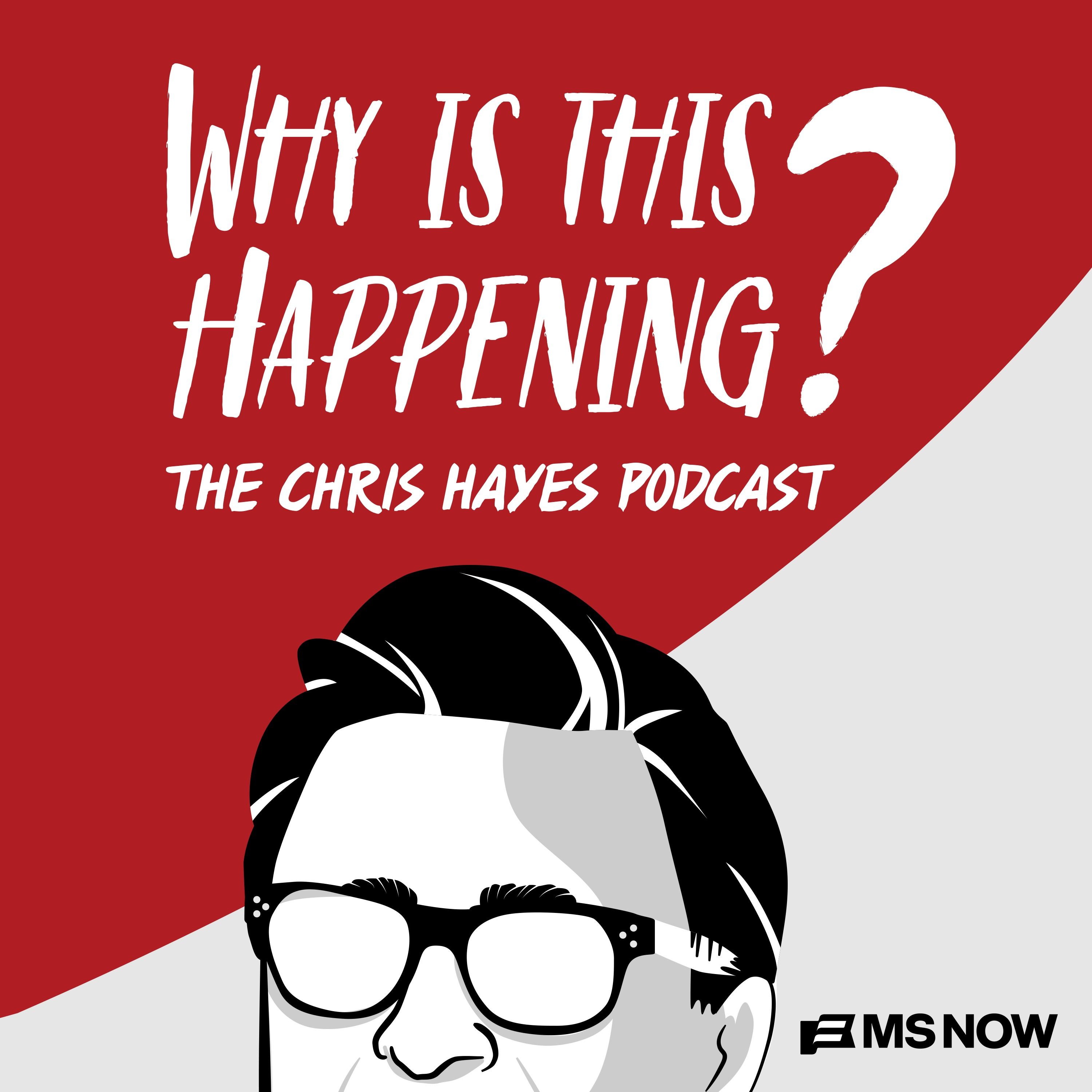
Why Is This Happening? The Chris Hayes Podcast
MS NOW, Chris Hayes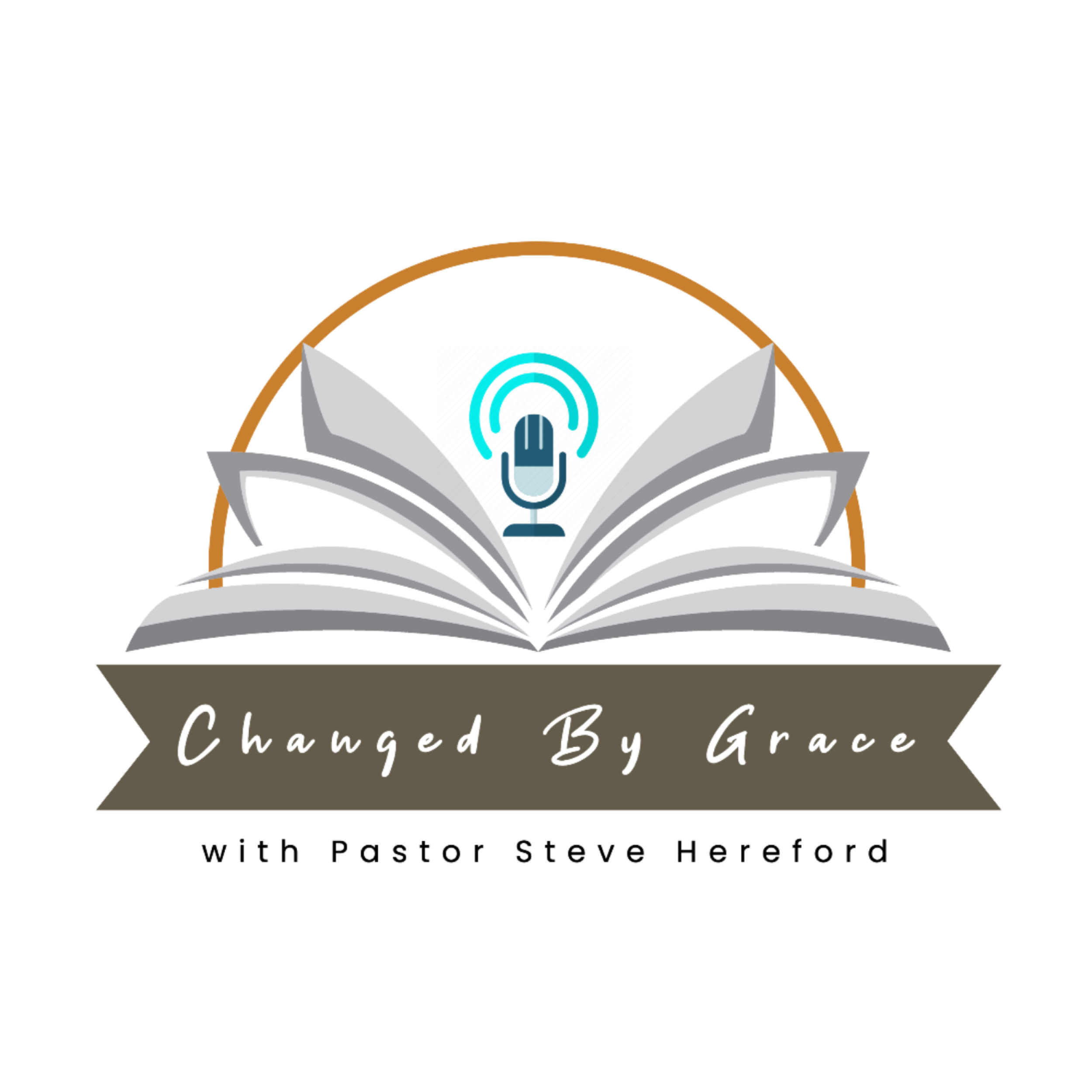
Changed By Grace
PodPoint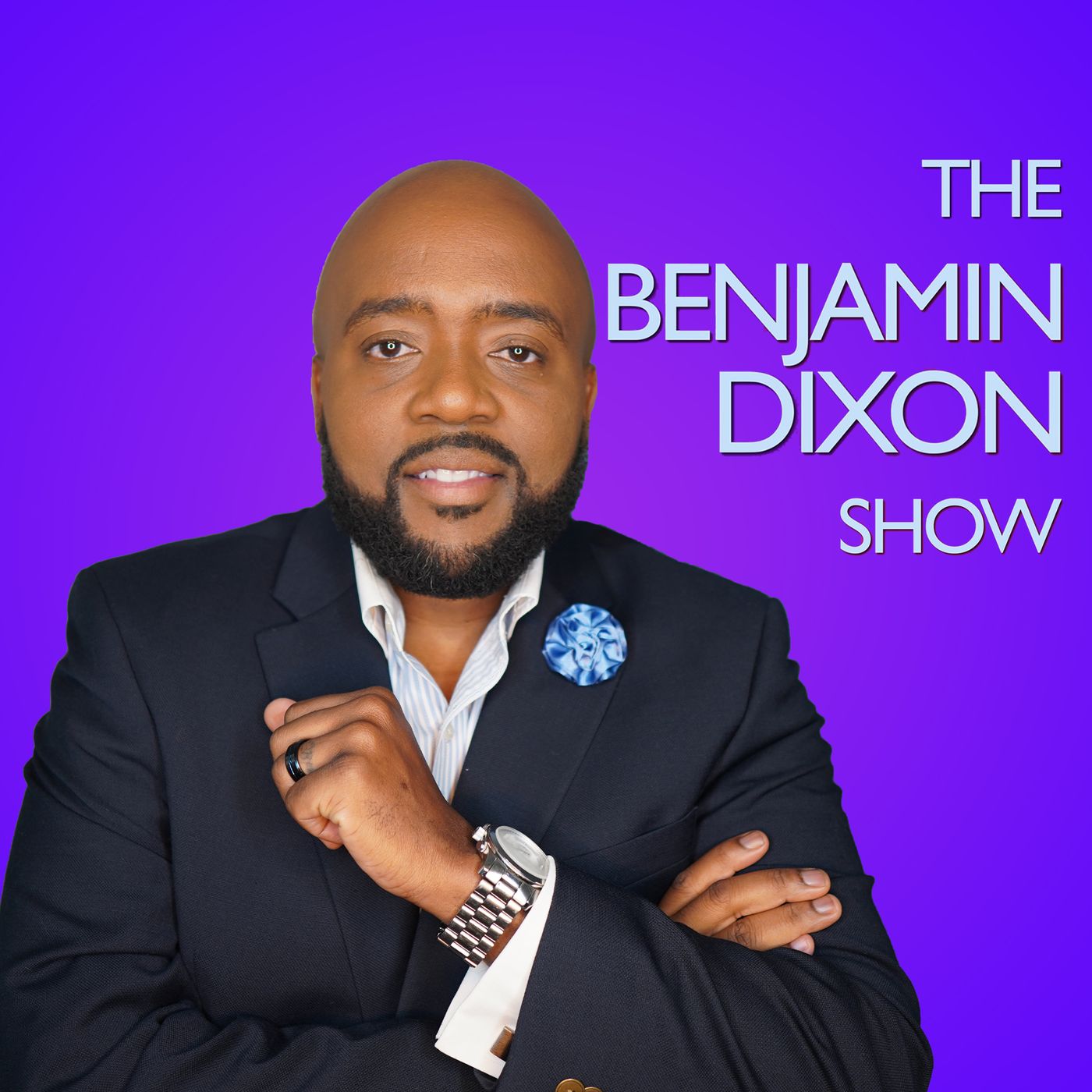
The Benjamin Dixon Show
The Benjamin Dixon Show
Thinking in Public with Albert Mohler
R. Albert Mohler, Jr.
Who Killed JFK?
iHeartPodcastsThe MacArthur Center Podcast
The Master's Seminary
Jean Jacques Machado : No Gi Required
Jay Zeballos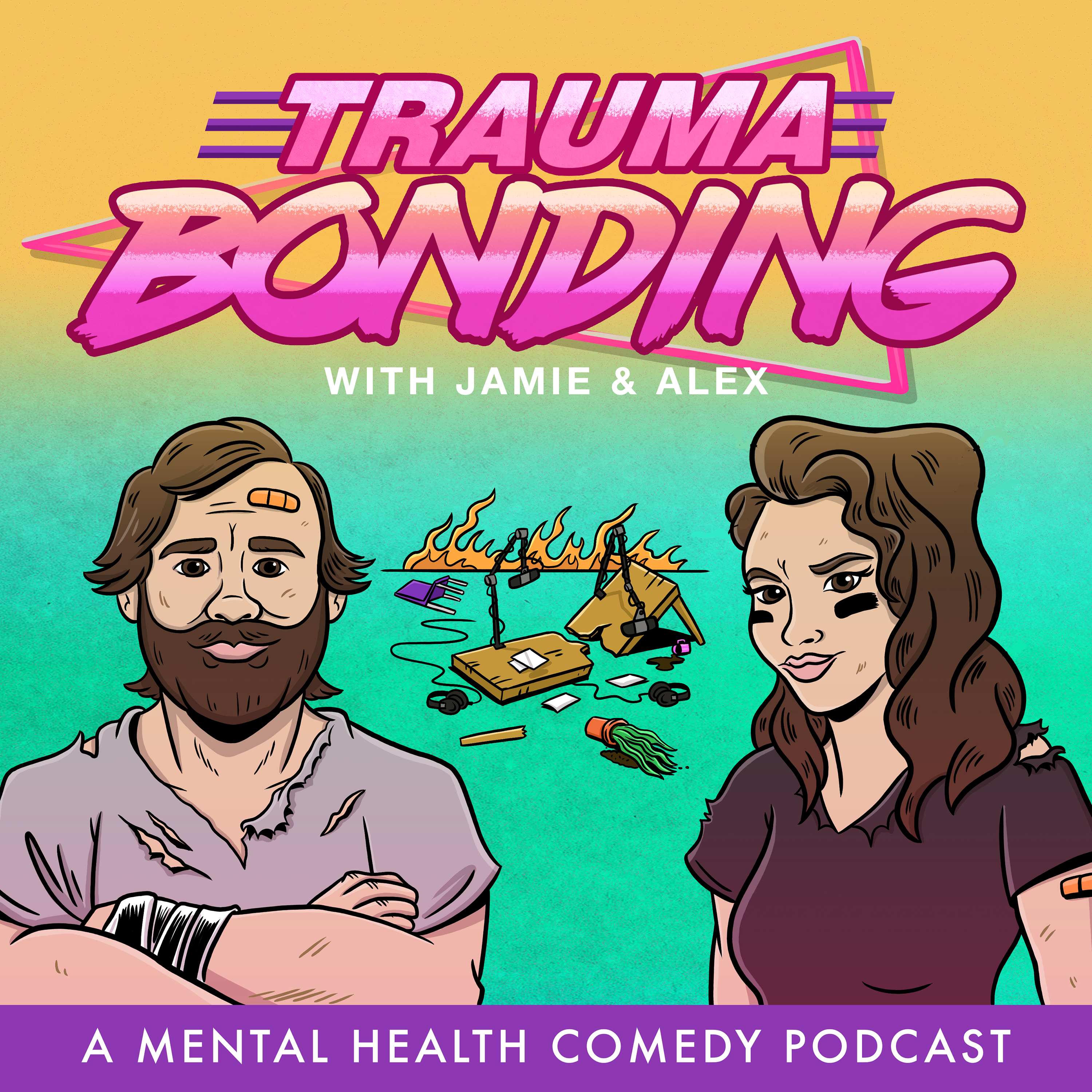
Trauma Bonding
Jamie Kilstein
This Day in History
The HISTORY Channel
The Ben Shapiro Show
The Daily Wire
The Sean Hannity Show
Sean Hannity
Breaking Points with Krystal and Saagar
iHeartPodcasts
The Kyle Kulinski Show
Kyle Kulinski